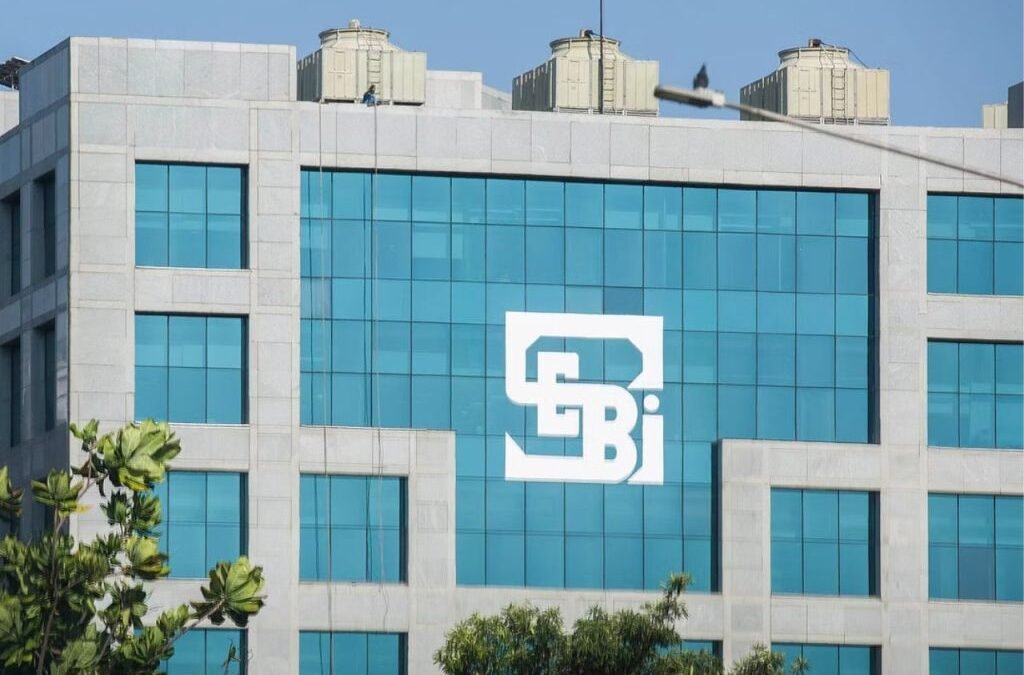The National Stock Exchange (NSE), India’s largest stock exchange, has been trying to file its Initial Public Offering (IPO) with the Securities and Exchange Board of India (SEBI) for a long time. Yet, regulatory and legal issues continue to hinder the filing and ultimately the IPO approval. In this article, we will discuss more about this in detail.
NSE is set to settle the long-disputed issue over the co-location and dark fibre case by offering to pay Rs 1,388 to SEBI, making it the highest amount offered by any entity to date. The exchange has offered to pay Rs 1,165 crore and Rs 223 crore to settle the cases of co-location and dark fibre matter, respectively.
If the capital market regulator and NSE reach to a settlement, then the case against the exchange will be withdrawn from the apex court, which will pave its way to launch its much-awaited IPO.
A brief history of the incident
Since 2015, NSE has been under scrutiny after SEBI found that some brokers received unfair preferential access to its co-location servers, triggered by a whistleblower complaint, enabling them to execute trades faster than others.
Separately, SEBI also discovered that NSE allowed an unauthorised vendor, Sampark Infotainment, to lay dark fibre lines for high-frequency trading, bypassing regulatory approvals.
In 2019, SEBI penalised NSE and several associated entities. Some of these penalties were challenged in a tribunal and later taken to the Supreme Court, where cases remain pending. NSE paid Rs 643 crore in 2023. SEBI has also raised broader concerns about NSE’s tech infrastructure and governance, all of which must be resolved before its IPO can move forward
Financial Highlights
NSE reported a revenue of Rs 19,177 crores in FY25, up by 17 percent from its FY24 revenue of Rs 16,434 crores. Regarding its profitability, it reported a net profit growth of 47 percent to Rs 12,188 crore in FY25 from Rs 8,306 crore in FY24.
The National Stock Exchange (NSE) is the largest stock exchange in India and one of the most developed in the world. It was established in 1992 with the intent of bringing transparency and efficiency to the financial markets in India.
NSE was the first exchange to introduce electronic trading in India, and is the iconic exchange of the Nifty 50 benchmark index, which measures the performance of 50 major companies in multiple sectors. Investors and traders can use the NSE to buy and sell shares, derivatives, and other financial instruments in a regulated and safe environment.
Written by Satyajeet Mukherjee
Disclaimer

The views and investment tips expressed by investment experts/broking houses/rating agencies on tradebrains.in are their own, and not that of the website or its management. Investing in equities poses a risk of financial losses. Investors must therefore exercise due caution while investing or trading in stocks. Trade Brains Technologies Private Limited or the author are not liable for any losses caused as a result of the decision based on this article. Please consult your investment advisor before investing.
The post Will NSE’s ₹1,388 Cr Payment to SEBI Finally Clear the Path for Its IPO? appeared first on Trade Brains.

